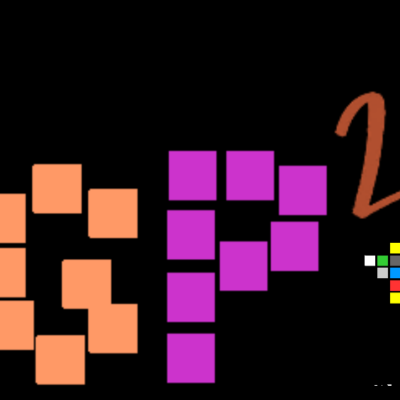Text by Leonardo Rivera Mendoza
I had the opportunity to be part of the Fourth Open Government Global Summit, which took place in Paris, France. It was a peculiar feeling to be the youngest participant in any conversation, among so many respectable people, successful all in their fields of endeavor.
I owe my presence to those in charge of custody and implementation of Open Government Partnership (OGP) actions in my country, Honduras. In my opinion, they are a notoriously curious group, not afraid of experimenting with daring ideas and new actors, owed to a refreshing mentality by those in charge of the project: not being afraid of beyond-standard glitters of originality.
Similarly to the whole Latin America region, Honduras has had complex political developments in recent years. It adhered to the OGP initiative in 2011, less than two years after experiencing the disorderly experience of a coup d’état concentrated on executive offices, on government in the strict sense. Later, and after elections took place, the effort had to be conducted towards international recognition of good will and legitimacy, which resulted in the acquisition of various commitments, part of which derived from the then newly designed OGP initiative. But what exactly did the OGP mean? For us, finding the answer is a work in progress.
To be fair, I don’t think anyone knew or knows the full extension this initiative, it is one big experiment, and events such as the Global Summit are directed towards an assessment of its new elements and potential (through comparison, data evaluation, sharing of opinions and discovery of variables): that is part of its great appeal. One would think that the right of access to information and the right of general civil participation in public policy are definite givens in a democracy, and one would then be surprised at how much more can be done.
In Honduras, those responsible for taking actions, derived from Open Government principles, are performing a remarkable attempt at distillation of a true, and own, axiology. One that will conform to both the proper sense of the multi-national idea and to our singular historical legacy and idiosyncrasies, a process which has produced some interesting results, e.g., the initial success of the ongoing actions taken along the lines of the CoST initiative.
I am a member of another experiment at innovation proposed by the government: A Youth Council. It is still rudimentary, and all members are still working hard at its firm cementation as a part the overall OGP structure in our country. However, we have been given the opportunity to participate in key meetings regarding methodology and strategy regarding action and projection, not solely amongst citizens of our own country, but also on the international level.
The experience has been most educating to organisational practices and the coordination and designing of work schemes and agendas. In my experience, I have been given a voice alongside of members of official entities, civil society, NGO’s and cooperating partners, which I interpret as a genuine interest in including young actors in what should become, and hopefully is becoming, a more inclusive and effective OGP strategy, focused on participation of different sectors.
There are challenges that need not be overlooked. This Council has been constructed exclusively with the participation of Universities, myself being a student at the National Autonomous University of Honduras, in its Faculty of Juridical Science.
The aim of this measure was to include both academic institutions and youth in OGP structures, but that leaves room for further improvements, such as the inclusion of young actors not enrolled in college, and of those part of socially oriented volunteering, or those involved in the representation of different ideological currents, etc.; these considerations are something the logistics of which are to be worked out progressively, with the clear realisation that this is a non-finite process of inclusion: it must continue and enrich itself with voices; and it must yield tangible results within reasonable time.
In our region, OGP can succeed when data will be provided to the citizens. We cannot be fully empowered of the institutions that make up the State without knowing the details of their operation, and that is indeed a challenge for nations so used to secrecy.
In the Summit, the discussion was emphatic on the need for citizens’ active participation, beyond our mere reception of data. But if we are to provide critical analyses and more ideas, we need the data, and work is yet to be done about its availability. I do believe that our countries are advancing — at different rates — towards an improvement in openness, and it is feasible: we are small countries, with small populations and small budgets, ideal for sociological and political investigation and trials, we just need to develop a curious mind and its corollary abhorrence of conformity.
See Leonardo’s take on why it should be important to work with the new generation:




